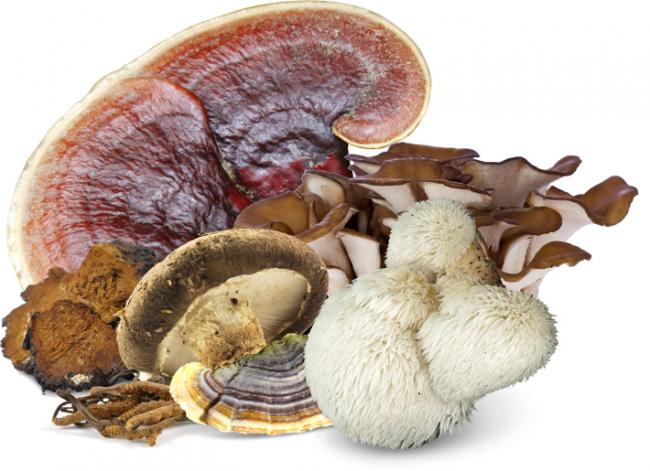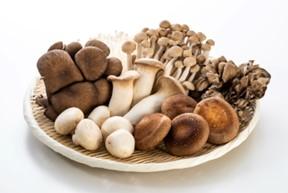Related Articles
- 13 Apr 20
How to grow neurons—yes, you read that right!
There is a protein produced and used in our nervous system that helps the neurons grow in our brain, and which helps our brains work better, faster, stronger. In this article, we talk about things we can do to help increase the levels of this protein, and the research behind it. - 06 Aug 14
Liver diseases include a number of different health conditions; in conventional medicine, they are bundled under the umbrella term “hepatology”, which typically includes the health conditions related to the liver, the gallbladder, and the pancreas. Over the last several years, there has been an increase in the use of complementary and alternative medicines, especially herbal therapies, among patients with liver disease.
- 02 Oct 22
Mushrooms are jam-packed superfoods that have been used in culinary and medicinal preparations for thousands of years. They are full of nutrients including proteins made of amino acids, fibers, carbohydrates—including polysaccharides (β‑glucans), vitamins (B2, B3, folate/B9, B12, C, D2, and E), and minerals (K, P, Mg, Ca, Cu, Fe, and Zn).
- 07 Jan 22
For centuries, mushrooms have been foraged and added to soups and stews for their robust nutritional profile. Fungi are much smarter than we think for what simple organisms they are.
Newsletter
Most Popular
- 06 Jan 22
- 29 Jan 21
- 27 Jan 21
- 17 Jun 13
- 17 Jun 13
- 17 Jun 13
- 01 Jul 13
- 17 Jun 13
- 17 Jun 13
- 17 Jun 13
- 01 Jul 13
- 17 Jun 13
- 17 Jun 13
- 17 Jun 13
- 01 Jul 13
















